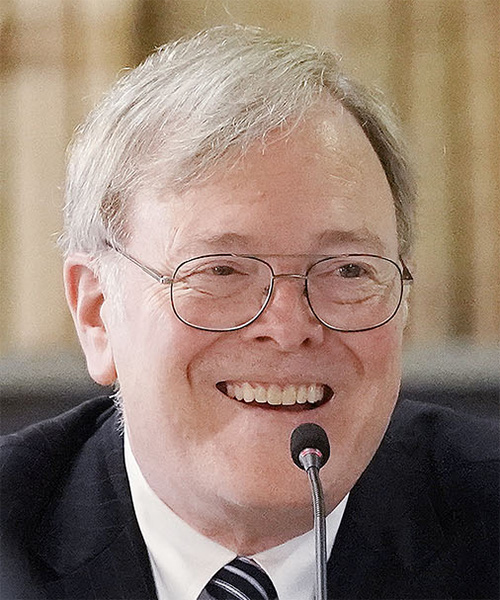Response: A Lack of Moral Grandeur and Spiritual Audacity

Abraham Skorka
November 19, 2024
By: Thomas Banchoff Katherine Marshall
November 19, 2024
These are seismic, uncertain times: leadership upheavals in the United States, geopolitical realignments, demographic shifts, galloping technology. Few today contest (as they did in the past) that religious communities and their leaders are key actors in domestic and global affairs.
In a rapidly changing and deeply divided world, how can religion influence the evolving global policy agenda in a positive direction? How should religious leaders move from interfaith dialogue—the subject of innumerable joint declarations since over the past decade—to productive encounter with political and policy leaders and meaningful impact on their work?
The G20 Summit in Rio de Janeiro (November 18-19), and the South African presidency of the G20 to follow, are an opportunity to reflect on these vital questions.
This year the G20 Interfaith Forum (IF20), a platform designed to connect dialogue with impact, has focused on the priorities of the Brazilian G20 presidency that will endure into the future, centered on five topics and recommendations: the persistence of widespread hunger and poverty; the crippling debt burdens facing poor countries; the threat of climate change, the scourge of human trafficking, and the importance of education and social cohesion. (A recent article in The Review of Faith & International Affairs offers more background on the G20 Interfaith Forum.) In August the IF20 convened over 400 participants from 60 countries in Brasilia to address the positive impact that religious communities can make across these topics. And this fall the IF20 and the Berkley Center hosted webinars devoted to each topic.
We invite you to explore these reflections from across the IF20 community on how to move from dialogue to encounter and impact across these critical issues on our global agenda.
Response: A Lack of Moral Grandeur and Spiritual Audacity

Abraham Skorka
November 19, 2024
Response: G20 Interfaith Forum Brings Moral Urgency to the G20 Social Summit

Marianna Richardson
November 19, 2024
Response: Global Policy Agendas: Encounter and Engagement

Katherine Marshall
November 19, 2024
Response: Resist Normalization of the Extreme

Sturla Stålsett
November 19, 2024
Response: The G20 Interfaith Forum: Connecting Dialogue with Impact in the G20 Process

Cole Durham
November 19, 2024
Response: The Interfaith Challenge: Moving from Dialogue to Impact

Thomas Banchoff
November 19, 2024